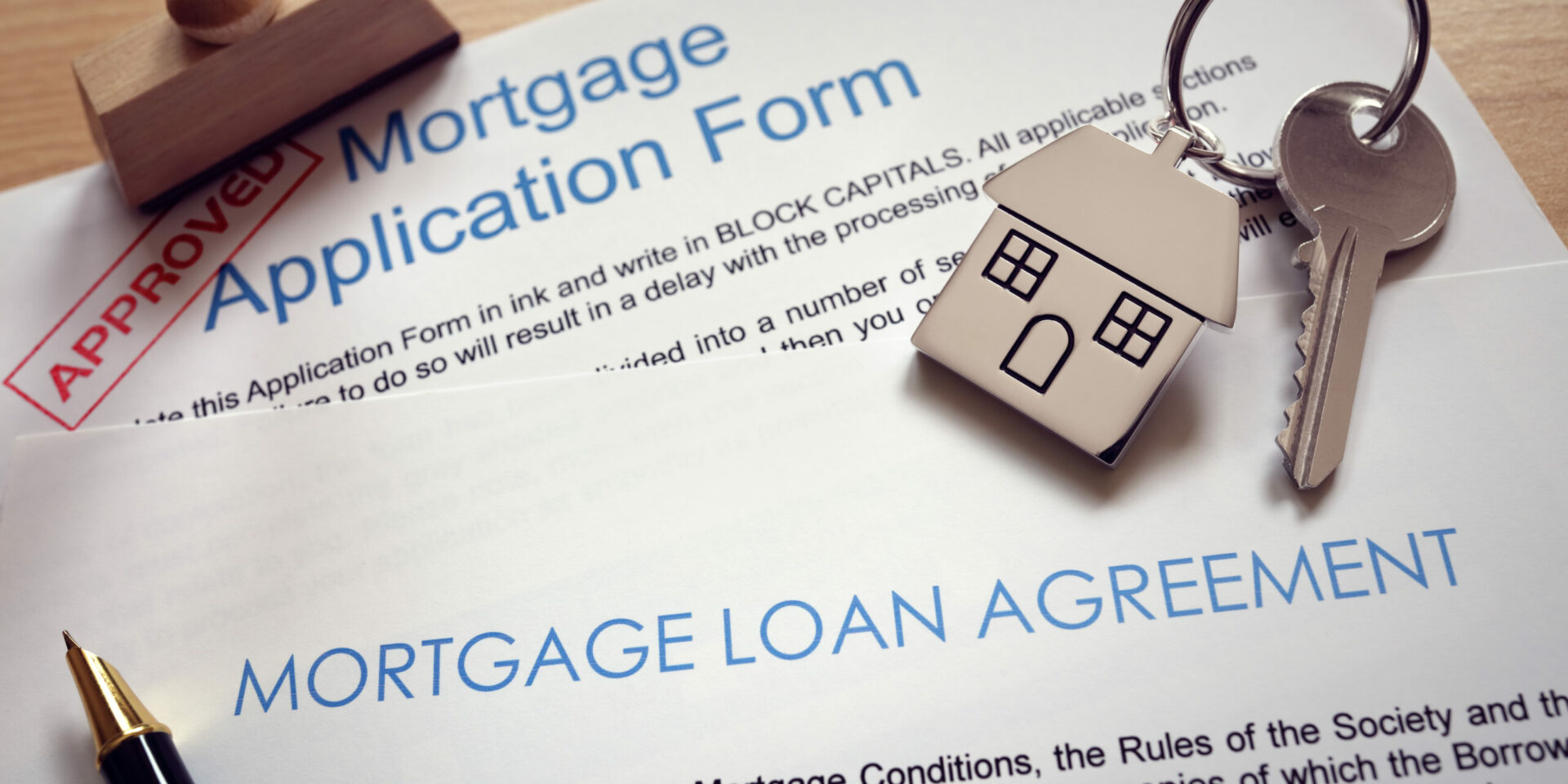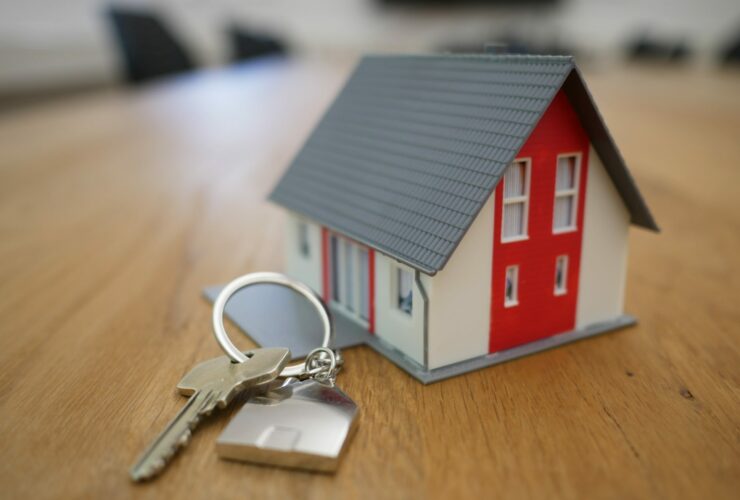How does home loan pre-approval work

Understanding Pre-Approval
Getting pre-approved on a loan increases your chance of getting your desired home. How? Read on to find out.
A pre-approval is also called approval in principle. It expresses how likely a lender you have submitted an application to is to approve the said application. To get a lender’s pre-approval, they will have to check your situation. They will consider your application based on your proposed purchase price, loan amount, deposit, and all costs the process will incur.
When you start shopping for a property, pre-approval is a powerful weapon. You can confidently bid on a property you like when you know that a lender is willing to lend you money to purchase it.
People who don’t qualify for pre-approval are prone to heartbreaks. They put a deposit on a property after winning at an auction only to be declined by multiple lenders after that.
How to get pre-approval?
Step 1 is to shop around for different loan products. There are tons of loan products out there and the reason for this is that not all applications are equal. Your situation is specific to you and there are lenders are loan products that suit your case better.
The next step is to lodge an application to the lender of your choice. Many lenders offer online applications. You just have to list down the details of your financial status such as your income, assets, and liabilities.
Next, you will have to support the financial details you provided with documents. This is where the lender will base their decision. Common documents are personal identifications such as your driver’s license. You will also submit income documents like your most recent payslip and tax returns. Statements of liabilities will be your credit card statements and other debt reports.
You are required to submit proof of funds. You have to show the lender from where you are getting the money for the deposit for the property. It could be a gift letter or your savings statements.
Different lenders weigh your proof of funds differently. Some put a premium on your ability to save hence, they will require that your proof of funds be your personal savings statement.
Finally, you will have to prepare the whole amount to cover all costs for the purchase. Include the lender fees, stamp duty, moving costs, etc.
The final step will be the lender assessing your ability to pay them back.
Once you have gone through these steps successfully, you will get your loan pre-approval.
What are the pros of getting pre-approved
First of all, it’s free. Another benefit is you get an idea of how much is your maximum purchase price. And finally, like what was mentioned above, you get the confidence to bid at auctions.
Nothing beats the feeling of liking a house and being sure that if you win the bidding, you can secure the finances you need. Agents are also more favorable towards buyers with a more solid financial capacity.
Some things to remember
A home loan pre-approval usually lasts up to 90 days. If you are certain you are not going to buy a house in the next 90 days, it is better to postpone your application. While pre-approvals can be extended, an extension will mean another credit enuiry on your credit file.
A lender may also cancel a pre-approval. Usually, it is due to changes in loan criteria.
Some lenders give you a pre-approval solely based on the information you provide during their online loan application facility. This means that such applications do not undergo manual assessment. There have been problems before where issues were only raised by the time the loan application gets to the assessor.
It is best to talk to your broker first. Get help with evaluating your situation so that you can point out early on any possible risk during application.




